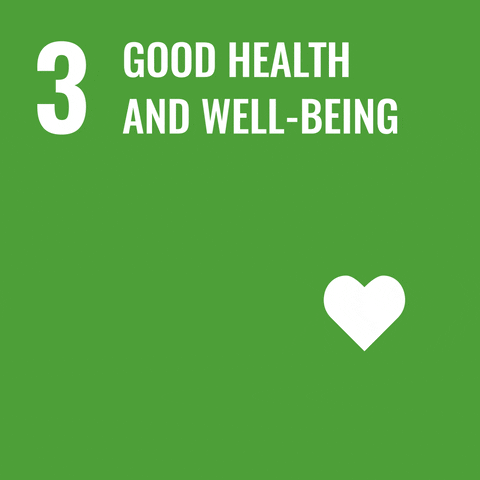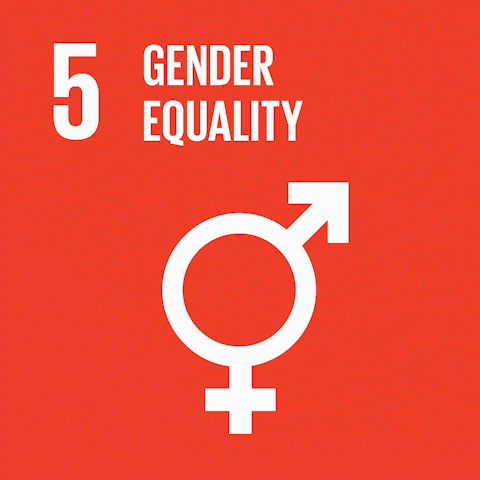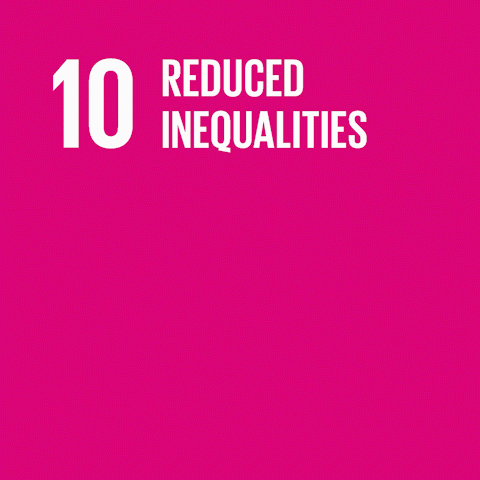Issues:
What are the issues of deaf gender mainstreaming in mental health?
There are significant inequality issues that affect deaf gender mainstreaming individuals in accessing mental health support. Stigma and societal barriers often prevent these groups from seeking the help they need for their safety and well-being.
This discussion will focus on the barriers that prevent D/deaf and disabled transgender individuals from accessing their rights (Gale, 2018, 11). For instance, communication obstacles and a lack of access to appropriate treatment exacerbate the challenging task of addressing addiction (Glickman and Hall, 2019, 86). These barriers can worsen the traumatic experiences of deaf women and queer individuals. Research indicates that deaf people are twice as likely to experience trauma over their lifetime and in the past year compared to those in the general population (Glickman and Hall, 2019, 86). Many deaf individuals who engage in gender mainstreaming fear disclosing their identities because they worry about not being accepted or that it could put them in danger.
Intersectionality Lens:
Ableism
Define the harms faced by deaf women and LGBTIQ individuals, especially in accessing safety and support. In healthcare settings, they often face barriers that can be minor or serious. Even small issues can greatly affect mental health (Gale 2018, 15).
Sexism
The idea that men and women have traditional gender roles and deserve approval for performing those roles is still a type of sexism. It can be particularly harmful as it often reinforces the perception that female-presenting persons are weak, and male-presenting persons are strong (EGU 2021, 2)
Audism
has been widely used in deaf studies literature to describe a set of assumptions that promote the unequal treatment of individuals on the basis of hearing (dis)ability (O'Connell 2021, 1).
Racism
Such ideology is extremely problematic, as any manifestation of racism in the past continues to affect the power, privileges, positions and prejudices of the white-dominated populations of Europe (Pascoet 2019, 8).
Research shows major differences in mental health experiences between hearing and Deaf individuals. For example, a study found that 84% of Deaf respondents faced challenges accessing health services because there are not enough resources designed for Deaf people in Wales (Terry et al. 2021, p. 4). Furthermore, while 25% of hearing women report experiencing domestic violence in their lifetime, the rate is over 50% among Deaf women (Glickman and Hall 2019, p. 86). These statistics highlight the unique difficulties Deaf individuals face when seeking mental health support and dealing with domestic violence.
What strategies can be implemented to address and improve this inequality?
Is it possible to reduce inequalities more quickly? It is less likely, as significant improvements will take time. Glickman and Hall (2019, 86) pointed out that "areas of identified need in clinical settings include trauma and addiction, identified as critical first problems to address through the development of Deaf-accessible psychotherapy." Providers often require time to develop coding systems that can help Deaf women and queer individuals manage their well-being, reduce self-harm, and embrace their identities. It is important for these individuals to gain acceptance from those who recognize and support their gender identities.
There are various strategies to address inequalities in deaf gender mainstreaming related to mental health. One effective example is SignHealth's supportive coding, which emphasizes a trauma-informed approach to care. This approach acknowledges that healthcare organizations and care teams need to have a complete understanding of a patient's life situation—both past and present—in order to provide effective healthcare services with a healing focus.
Adopting trauma-informed practices can improve patient engagement, treatment adherence, and health outcomes, as well as promote the wellness of providers and staff. Additionally, this approach can help reduce avoidable care and excess costs for both the healthcare and social service sectors (SignHealth 2023, 6). Most groups share empathy and similar experiences of trauma, which can foster mutual support. This solidarity can be especially beneficial if one method proves effective for gender mainstreaming.
What type of advocacy aims to reduce inequality?
There are several effective ways to address inequality in deaf gender mainstreaming, especially regarding mental health support. One prominent method is Seeking Safety, a structured type of cognitive behavioral therapy (CBT) that places a strong emphasis on the client's personal safety and well-being. This approach encourages individuals to make significant life changes, such as achieving sobriety, tackling thoughts of suicide and self-harm, decreasing the risk of HIV exposure, and leaving toxic or dangerous relationships (Glickman and Hall 2019, 87). For instance, a deaf woman who has endured trauma from domestic violence within a harmful relationship can find support by engaging in CBT or working with a deaf therapist. This assistance can help her break free from the toxic cycle and embark on a healing journey towards regaining her sense of self and emotional health.
Deaf organizations play a vital role in advocating for mental health within the deaf community, providing services specifically tailored for gender mainstreaming. These organizations often provide a level of understanding and support that hearing providers may lack due to unfamiliarity with the unique challenges faced by deaf clients in mental health contexts.
For instance, in Gale's article, it is highlighted that effective advocacy for D/deaf and disabled trans individuals requires organizations to prioritize specific issues in their work (Gale 2018, 11). One example of a therapeutic approach used in these settings is the Seeking Safety intervention, which includes 25 present-focused treatment topics. This program engages clients in discussions that are relevant to trauma and addiction while teaching them specific cognitive-behavioral therapy (CBT) skills aimed at addressing symptoms related to birth disorders (Glickman and Hall 2019, 87).
Through these tailored services, deaf organizations are better equipped to meet the mental health needs of their communities.
Sustainble Development Goals (SDGs):

Goal 3.4: Mental Health
By 2030, reduce by one third premature mortality from non-communicable diseases through prevention and treatment, and promote mental health and well-being.
Indicator 3.4.1 & 3.4.2:
Mortality rate attributed to cardiovascular disease, cancer, diabetes, or chronic respiratory disease.
Suicide mortality rate.

Goal 5.6: Gender Identity
Ensure universal access to sexual and reproductive health and reproductive rights as agreed in accordance with the Programme of Action of the International Conference on Population and Development and the Beijing Platform for Action and the outcome documents of their review conferences.
Indicator 5.6.1 & 5.6.2:
Proportion of women aged 15-49 years who make their own informed decisions regarding sexual relations, contraceptive use, and reproductive health care.
Number of countries with laws and regulations that guarantee full and equal access to women and men aged 15 years and older to sexual and reproductive health care, information, and education.

Goal 10.2: All inclusions
By 2030, empower and promote the social, economic, and political inclusion of all, irrespective of age, sex, disability, race, ethnicity, origin, religion, or economic or other status.
Indicator 10.2.1:
Proportion of people living below 50 per cent of median income, by sex, age, and persons with disabilities.
References
European Geosciences Union. 2021. "Promoting inclusive language: an incomplete guide (v2)" Munich, Germany, 1-4 https://blogs.egu.eu/geolog/files/2021/01/Promoting-inclusive-language-v2.pdf
Gale, Nathan. 2018. "Oppression Squared: D/deaf and disabled transgender experiences in Europe." Transgender Europe (TGEU) https://tgeu.org/d-deaf-and-disabled-trans-experiences-in-europe/
Glickman, S. Neil, and Hall, C. Wyantte. 2019. "Language Deprivation and Deaf Mental Health: First Edition." Routledge, New York, p. 1-329 https://e30414c2-cf4b-4219-b90b-c9ffc9d72c5b.filesusr.com/ugd/e5992c_9582b31f343844e48dd3f63ab2aded97.pdf
O'CONNELL, Noel. 2021. "Opportunity Blocked: Deaf People, Employment and the Sociology of Audism." Humanity & Society. SAGE, New York: 1-23 https://www.researchgate.net/publication/348886121_Opportunity_Blocked_Deaf_People_Employment_and_the_Sociology_of_Audism
SignHealth. 2023. "Shaping the future of deaf mental health." NHS Deaf Mental Health Working Group. 1-34 https://signhealth.org.uk/wp-content/uploads/2023/07/Report-Shaping-the-future-of-deaf-mental-health.pdf
Terry, J., Redfern, P., Bond, J., Fowler-Powe, M., Booth, C. 2021. “Deaf People Wales: Hidden Inequality.” All Wales Deaf Mental Health & Well-Being Group. 2-35 https://www.swansea.ac.uk/media/Deaf-People-Wales_Hidden-Inequality-2021.pdf
United Nations Department of Economic and Social Affairs. 2023. "Ensure healthy lives and promote well-being for all at all ages." UN DESA. https://sdgs.un.org/goals/goal3#targets_and_indicators
United Nations Department of Economic and Social Affairs. 2023. "Achieve gender equality and empower all women and girls." UN DESA. https://sdgs.un.org/goals/goal5#targets_and_indicators
United Nations Department of Economic and Social Affairs. 2023. "Reduce inequality within and among countries." UN DESA. https://sdgs.un.org/goals/goal10#targets_and_indicators
_edited_.png)